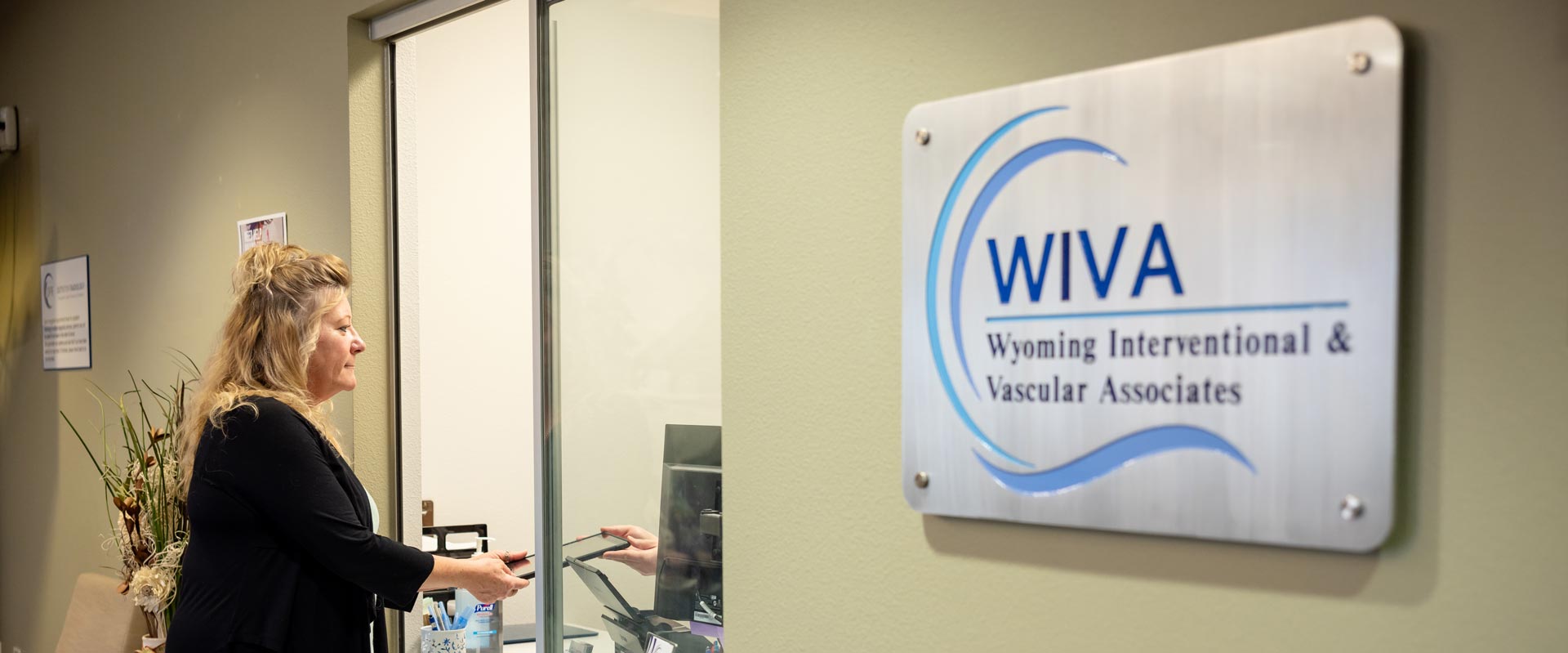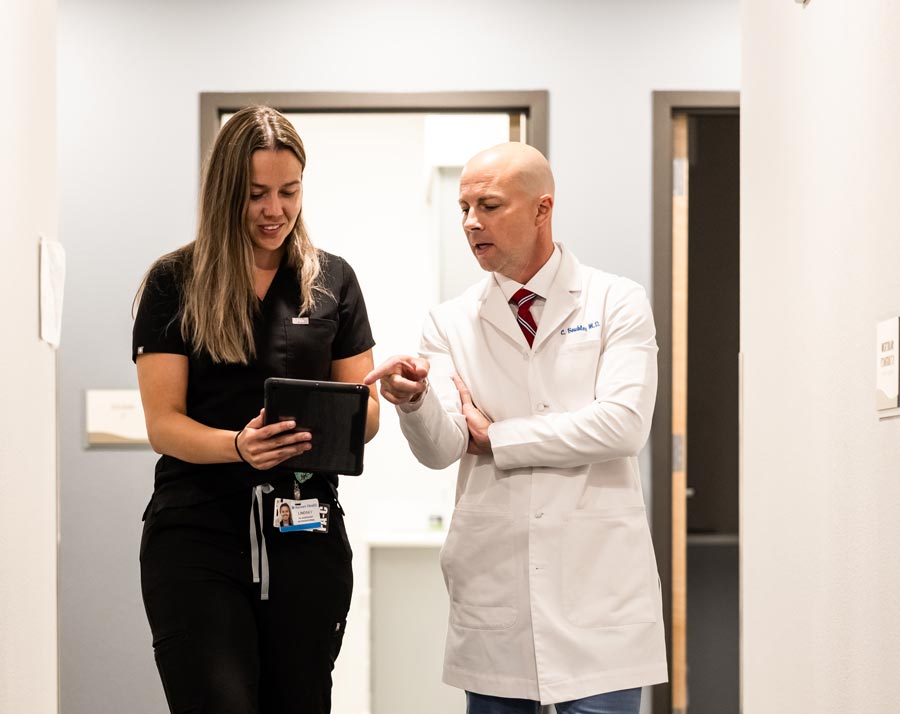Request an Appointment
Contact us to discuss any of these procedures or schedule your appointment today!
Interventional Pain Management
- Arthrography
- Therapeutic & Diagnostic Steroid Injection
- Bursa Injections
- Needle Tenotomy
- Botox Injections
- Nerve Block Injection
- Trigger Point Injections
- Morton's Neuroma Injection
- Joint Aspiration
- Cyst Aspiration
- Barbotage (Calcific Tendonitis Aspiration)
- Soft Tissue Biopsy
- Ultrasound-Guided Nerve Block & Scar Tissue Hydrodissection

What to Expect
From the moment you arrive at Casper Medical Imaging & Outpatient Radiology, we aim to make your experience as pleasant as possible. After check in, our technologists will escort you to the procedure room to discuss the procedure you’re receiving and answer any questions you have. Once we are ready to begin the procedure, we will position you on the procedure table. We will clean and prep the area of skin using sterile technique and numb the skin with local anesthetic. Then utilizing imaging guidance with either ultrasound, fluoroscopy (X-ray), or computed tomography (CT) we will numb the deeper soft tissues with a combination of anesthetic medication. Following removal of the needle we will place a small bandage over the area.
As always, be sure to follow preparation instructions provided by your physician. They’ll also discuss and provide any post-opp instructions.
Explained in Detail
Everyone very helpful and kind. Great care taken to see that I was comfortable. Everything about procedure explained in detail. Doctor explained everything he was doing during procedure.
Easy
The ultrasound was easy and the lady that did mine was VERY professional and explained everything, including the possible risks of the injection. My reaction to it was mild.

FAQ
You may feel some pressure in the joint or soft tissues from the anesthetic medication and injected contrast material. Shortly following the procedure, you may experience some pain and swelling around the injection site. The effects of the anesthetic can last up to a few hours depending on whether the joint/area injected is the main source of your pain. You may feel numb or experience mild weakness in the limb for a few hours after the injection. If you experience discomfort over the first few days after injection, apply an ice pack to the area. We recommend over the counter Tylenol (acetaminophen) if any pain medication is needed.
The skin is cleansed and local anesthetic medication is injected. The discomfort of this injection is short, 30-60 seconds, and then the area is numb.
A small skin incision is then made through which the biopsy needle is placed. Several small sample cores of tissue from the mass or area of interest will then retrieved. Following removal of the needle we will place a small bandage over the incision area. We will keep you for a short period of observation to make sure you are ready to head home after the procedure.
Most injections and minimally invasive pain procedures will require around 30 minutes to complete safely.

